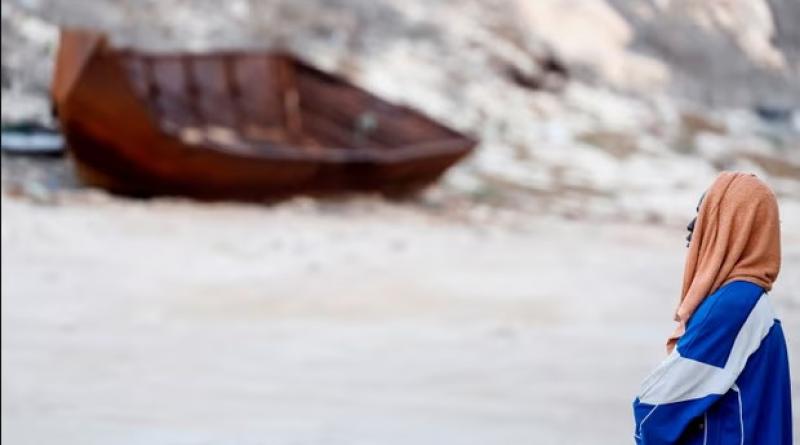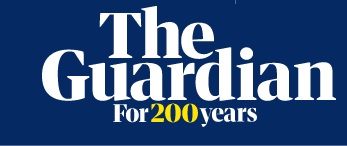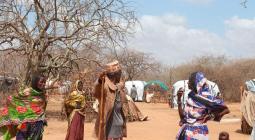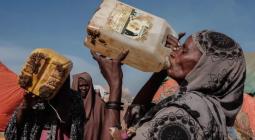What is the controversy over the EU migration deal with Tunisia?

Human rights abuses have led to concerns over agreement that was aimed at addressing issue of people-smuggling to Italy
The EU’s deal with Tunisia to combat people smugglers moving migrants across to Italy in often life-threatening conditions has been mired in controversy since it was signed.
Why did the EU want to do a deal with Tunisia?
The journey from Tunisia to Italy has become the most popular route for people smugglers operating in Africa.
So far this year more than 230,000 people have tried to get into the EU through “irregular” means, the highest since the refugee crisis of 2015 and 2016 when more than 1 million people, many from Syria, arrived at Europe’s borders.
Of those aiming to get into the EU, 114,000 came through the central Mediterranean route between January and August 2023. The top three nationalities are recorded as Ivory Coast, Guinea and Egypt.
Why sign it this year?
This is not the first time the EU reached out to Tunisia to try to protect its borders.
In 2014 they signed a “mobility partnership” with remarkably similar aims to those in the contentious 2023 deal talking of promoting a “responsible management of migratory flows”.
But with populism emerging into the mainstream in Italy and in pockets of Germany and Spain, the drive to address migration has become urgent with centrist and liberal governments across the EU keen to stem xenophobia and fuel further support for the far right, particularly before next year’s elections to the European parliament.
When Italy’s Giorgia Meloni was swept to power on the back of controversial rhetoric about the rise of migration, the rest of Europe took note, and it was no coincidence that the Dutch prime minister, Mark Rutte, whose government collapsed over the issue of immigration, joined her on the trip to Tunisia in July.
Why is the deal with Tunisia controversial?
Many have expressed concern over the decline of democracy after the Tunisian president, Kais Saied, partly suspended parliament in 2021 and sacked the prime minister.
He also refused entry last week to a group of MEPs who had wanted to visit the country to meet political counterparts and civil society representatives.
What do human rights organisations say?
There has also been sharp criticism of abuses, with Human Rights Watch concluding Tunisia was not a safe place for black African migrants, with documented abuses including “beatings, use of excessive force, some cases of torture, arbitrary arrests and detention, collective expulsions, dangerous actions at sea, forced evictions, and theft of money and belongings”.
Last week, Médecins Sans Frontières (Doctors Without Borders) also expressed concern, arguing the deal “makes the EU directly complicit in the ongoing abuse” of migrants trapped in the country.
Others, including the Carnegie Endowment for International Peace thinktank have argued that the “dramatic crisis for Tunisian democracy reflects a range of weaknesses in the EU’s commitment to the country” since democracy protests there in 2011.
What is in the EU deal?
The original EU deal on the table envisaged a wide-ranging economic and security package including €900m (£775m) in support of the country’s economy, €150m to develop a wider business partnership involving the development of renewable energy including solar and wind and the €105m to assist on stemming migration.
No money has been given to Tunisia yet but the EU over the weekend said it was accelerating operations and the refitting of 17 Tunisian ships was under way for search operations.
What else has the EU done to halt migration?
It has deals in place on migration with Morocco and has explored an agreement with Egypt.
Last month, footage emerged showing a woman lying dead on the floor of a migration detention centre in Libya in a shocking glimpse of the conditions endured by refugees in the north African country.
Photograph: Cecilia Fabiano/AP - A man at Lampedusa Island, Italy, last week, where thousands of people arrived after crossing the Mediterranean Sea on small boats from Tunisia.





